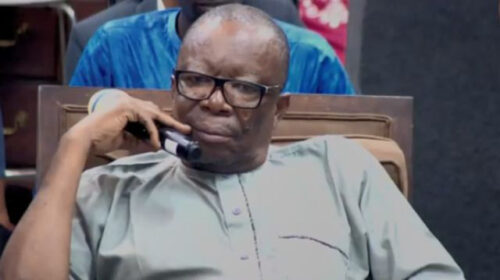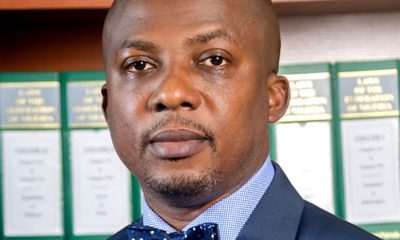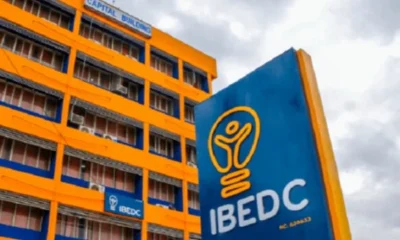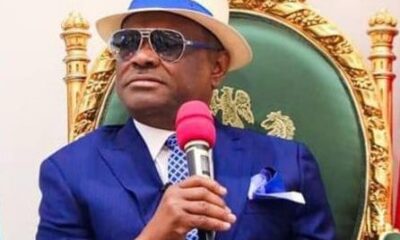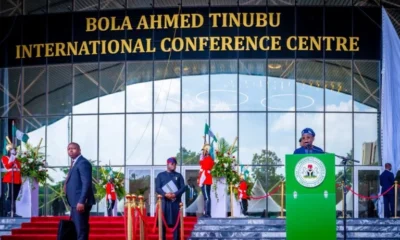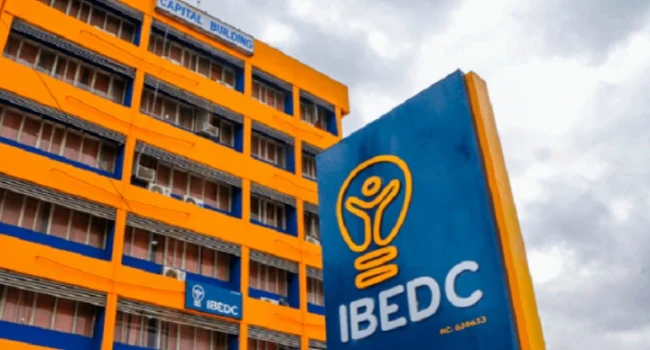The Academic Staff Union of Universities (ASUU) has scheduled a meeting with the Federal Government on July 25, 2024, to address its outstanding demands.
Meanwhile, non-academic staff in universities have announced a one-day protest on Tuesday to demand their four-month withheld salaries, ahead of a nationwide protest planned for July 18.
According to ASUU’s National President, Prof. Emmanuel Osodeke, the July 25 meeting is a follow-up to the timeline agreed upon with the government.
ASUU chapters have been protesting across campuses, joined by students, and have threatened another industrial action if their demands are not met.
The union has also written an open letter to President Bola Tinubu, urging the full implementation of the 2009 Memorandum of Understanding.
Osodeke noted that the protests have yielded positive results, leading to the government calling a meeting and setting a timeline to fulfill some of the promises.
He said, “We have met with the Minister of Education and reached a timeline. They made promises to us and we want to watch if it would be done. We are meeting two weeks from today, July 25th, to see if they have done what they promised.
“The protest made them to call us for a meeting, they should fulfill their promise.”
The letter published in a newspaper, dated June 20, 2024, said the Nigerian academics were compelled to embark on nationwide strike action on February 14, 2022, when all entreaties to the government to resolve the issues in contention fell on deaf ears.
Osodeke said the 10 issues and other emerging ones were the conclusion of the renegotiation of the FGN/ASUU Agreement based on the Nimi Briggs Committee’s draft Agreement of 2021.
He said the agreement was on the release of withheld three and a half months’ salaries on account of the 2022 strike action; release of unpaid salaries of staff on sabbatical leave, part-time, and adjunct appointments owing to the application of the Integrated Payroll and Personnel Information System; release of outstanding third-party deductions, such as check-off dues and cooperative contributions; funding for revitalisation of public universities (partly captured in 2023 Federal Government’s Budget).
Other issues in contention include the Earned Academic Allowances (partly captured in the 2023 Federal Government’s Budget); proliferation of universities by the federal and state governments; implementation of the reports of visitation panels to universities; Illegal dissolution of Governing Councils; and the University Transparency and Accountability Solutions (in place of IPPIS).
Osodeke said, “Your Excellency is requested to set necessary machinery in motion for bringing ASUU and major stakeholders (Ministries, Departments, and Agencies) together to address the outstanding issues in FGN/ASUU engagements since 2009. This will save our university system the agonies of another round of industrial action and its disruptive potential. The President’s promise of smooth academic calendars in universities at the inception of this administration, we believe, is achievable if the government sincerely sits down to address the issues as listed here.”
SSANU, NASU to protest Tuesday
Meanwhile, unions of non-academic staff members of the university declared on Sunday that they will be embarking on a nationwide protest starting from Thursday, July 18, 2024, over their withheld four-month salaries.
But before that, all branches of the non-academic unions under the auspices of the Joint Action Committee would protest at each of their branches on Tuesday.
The workers, under the aegis of the Senior Staff Association of Nigerian Universities, and the Non-Academic Staff Union of Educational and Associated Institutions, said their meeting with the government officials had collapsed.
The two unions operating under the auspices of the Joint Action Committee disclosed this in a circular jointly signed by the General Secretary of NASU, Peters Adeyemi, and President of SSANU, Mohammed Ibrahim, which was obtained by The PUNCH on Sunday.
The circular directed all branches of the two unions to hold a mandatory general meeting today (July 8, 2024) to sensitise members to the insensitivity of the government to their plights.
According to unions, the actions were necessitated by the failure of the Federal Government to pay their members’ withheld four-month salaries despite several meetings scheduled with the Minister of Education and its Labour counterpart.
“The national body of the Joint Action Committee of NASU and SSANU met on Thursday, 4th July 2024 to appraise and take position on the current situation in respect of the withheld four months’ salaries and other grievances of our members in the University and Inter-University Centres.
“Similarly, the National JAC, on invitation, met with the Honourable Minister of Education; Honourable Minister of State for Education; Permanent Secretary, Ministry of Education; other top officials of the Ministry and National Universities Commission.
“Unfortunately, after the engagement, the Minister of Education has not shown any convincing commitment to the payment of our withheld salaries and resolutions of other pending grievances of JAC of the two unions.
“It is also disheartening that the JAC was also at the Federal Ministry of Labour and Employment, and as usual, the Minister of State was not on seat to receive us, as we were informed that she had an urgent call from the Villa.
“The Permanent Secretary, who stood in for her, could not make any commitment on the issues raised. In view of this disappointment and failure of the government to address the grievances of NASU and SSANU, JAC has decided on a series of industrial actions which, include the following:
“All branches of NASU and SSANU should mandatorily hold a general meeting on Monday, 8th Jul, 2024 to sensitise members to the insensitivity of the government to our plights.
“A one-day protest should hold on Tuesday, 9th July 2024 at each branch simultaneously. Every branch should ensure that all members fully participate in the protest and the press or media is adequately mobilised.
“A national protest, which will hold in Abuja on Thursday, 18th July, 2024 after which JAC will meet to announce a date when the strike action will commence. Further information will be communicated appropriately,” the circular read.
The Nigerian government had withheld the salaries of both academic and non-academic staff in Nigerian universities for taking part in an industrial action that grounded the universities for eight months in 2022.
In October, President Bola Tinubu ordered the payment of four of the eight months withheld salaries for the academic staff, leaving out the non-teaching staff.
This development resulted in a renewed rift between the non-academic staff union and the government.
Since the announcement, both SSANU and NASU have kicked against the ‘selective payments’ and asked to be included.
However, only the academic staff received the four months’ salaries paid in February.

 BIG STORY1 day ago
BIG STORY1 day ago
 BIG STORY3 days ago
BIG STORY3 days ago
 BIG STORY3 days ago
BIG STORY3 days ago
 BIG STORY16 hours ago
BIG STORY16 hours ago
 BIG STORY1 day ago
BIG STORY1 day ago
 BIG STORY3 days ago
BIG STORY3 days ago
 BIG STORY2 days ago
BIG STORY2 days ago
 BIG STORY3 days ago
BIG STORY3 days ago




